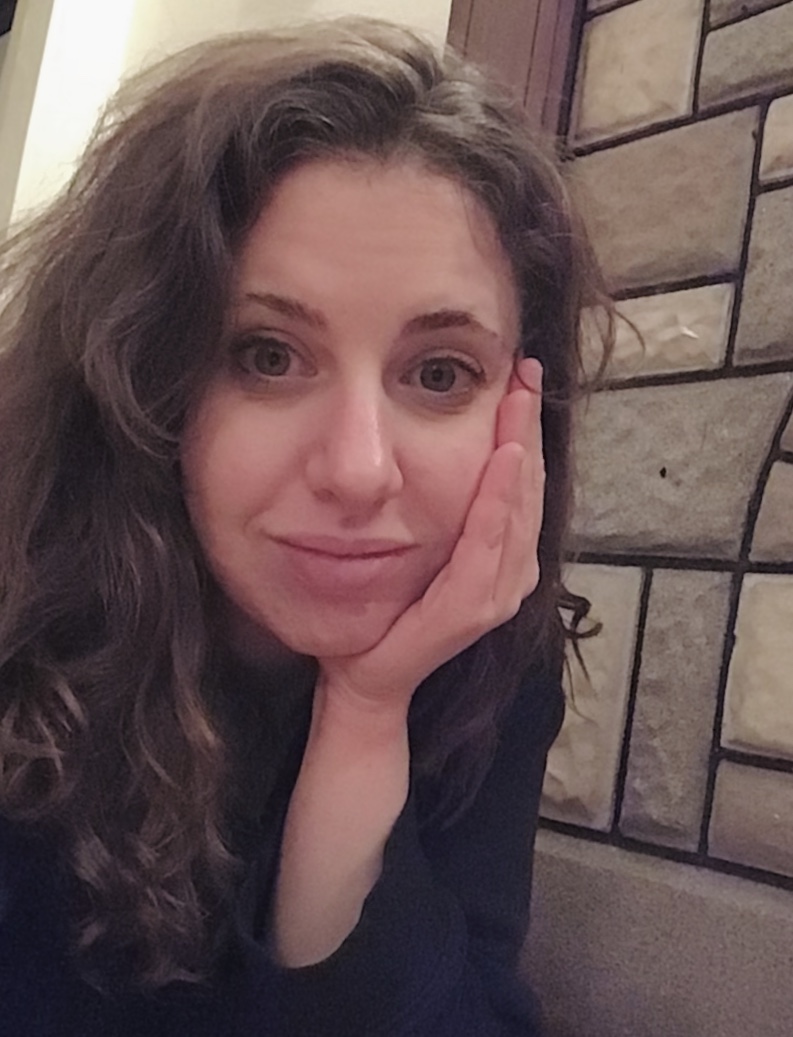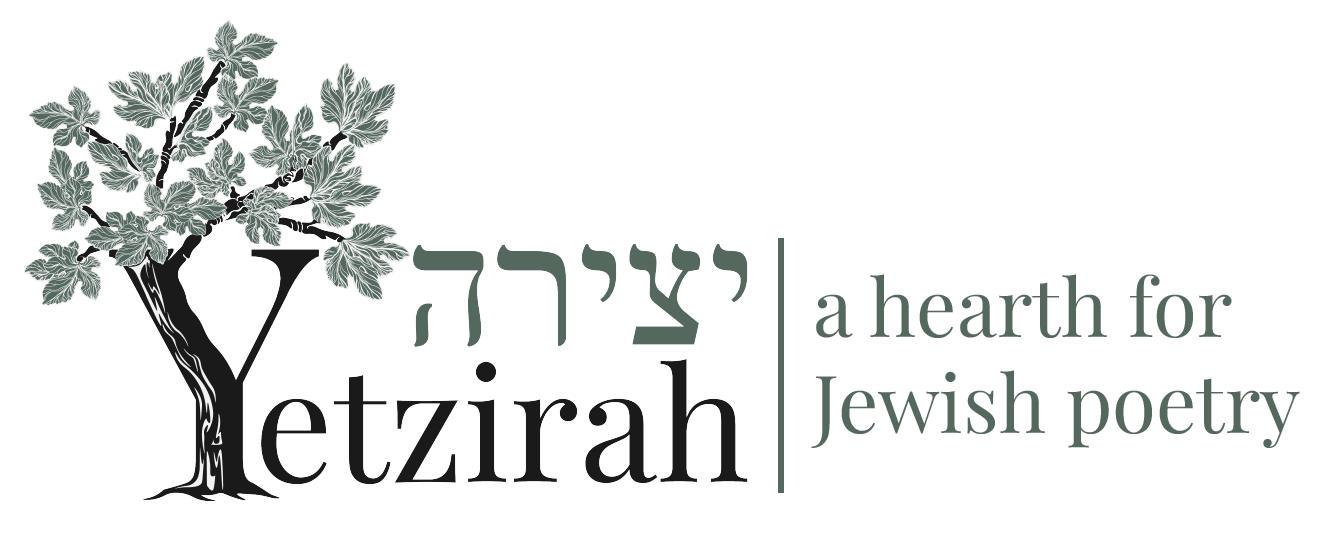
Tikva Hecht
Current City, State, Country
Birth City, State, Country
Biography
Tikva Hecht’s poetry can be found in Canadian Literature, CV2, Grain Magazine, Modern Literature, and The Lehrhaus, among other publications. Her first full length collection of poetry, Tashlikh, is forthcoming from Ben Yehuda Press in the fall of 2024. Tikva’s writing draws inspiration from the polyphonic impulse of Jewish texts, and the tradition of printing texts with glosses. She is interested in how this tradition disrupts a linear progression and orientation on the page. Her fascination with the Talmud as a creative specimen and source led to the creation of DAF, a workshop on nonlinear and collaborative writing inspired by the Babylonian Talmud. Tikva has taught DAF, as well as a variety of other creative writing workshops, to students of all ages in both formal and informal settings. She currently serves as the editorial director for Aleph Beta, and holds an MFA in poetry from the University of California, Riverside, an MA in philosophy from The New School for Social Research, and a BA in Judaic Studies from Yeshiva University, Stern College.
What is the relationship between Judaism and/or Jewish culture and your poetry?
The simplest answer to this question is that my encounters with Judaism naturally slip past the permeable membrane between life and art no differently from all my encounters and experiences, showing up in some poems, absent in others. But I wonder if that is true, particularly if the influence of Judaism is ever fully absent in my writing. “What does a fish know about the water he swims in all his life,” Einstein wrote. I think I do know a little about the water I swim in, but I’m not so bold as to assume I know the extent of it — and am realizing as I write this that I am probably among the least qualified people to theorize on the most interesting ways my Jewishness and my poetry intersect. That said, I’ll say a little more about what relationships are apparent to me.
I began learning Gemara with my father as a teenager but even before then, long before I began understanding the words, I remember sitting by my father as he learned Talmud and being enamored by the page itself and the intricate, elegant beauty of these oddly shaped, interlocked blocks of text. As I became more familiar with the content of these pages, I became interested in the relationship between the Talmud’s form and its content — the way the Talmud disrupts linear thinking and how this disruption is displayed and supported by the traditional printing of the text with glosses. On a very concrete level, I often experiment with the use of glosses in my poems. But on a more abstract level, I think poetry lends itself, very much like Gemara — very much like Torah in the narrowest and broadest sense of the word — to disruptions of time and linear progressions, and this is a significant part of what draws me to the genre.
The truth is, this line of thought leads me back to the hunch that my study and attraction to Torah and poetry are always and intimately in conversation. In addition to the way both play with order and time, it also seems to me that both are often a battleground and a dance floor for some warring romance between the mundane and holy. Small details, the critical importance of a moment, the sense that the universe balances on a single word — this care for the physical world in its epic smallness and the belief that that smallness is the gateway into heaven’s expanse — this is where poetry and Torah meet for me.
Published Works
Tashlikh (Ben Yehuda Press, 2024)
Author Site
Links to Sample Works
Current Title
Education
University of California, Riverside
The New School for Social Research
Yeshiva University
